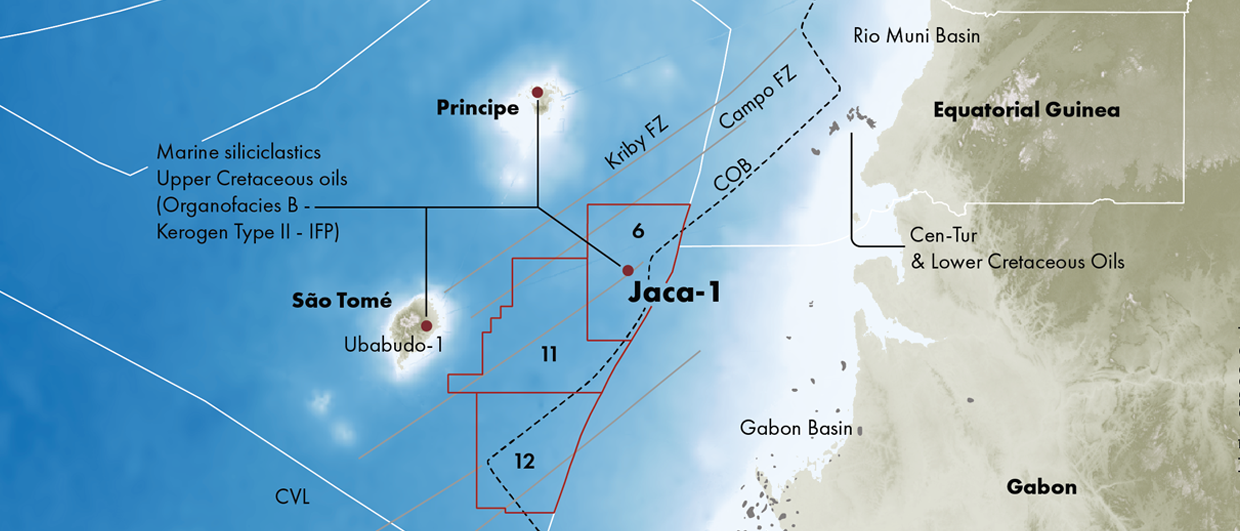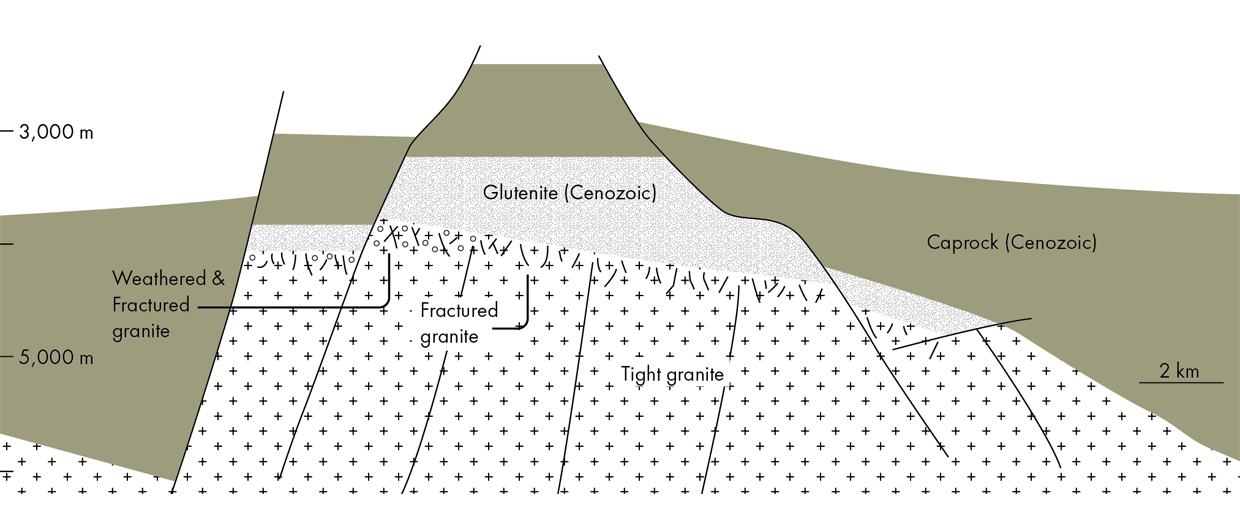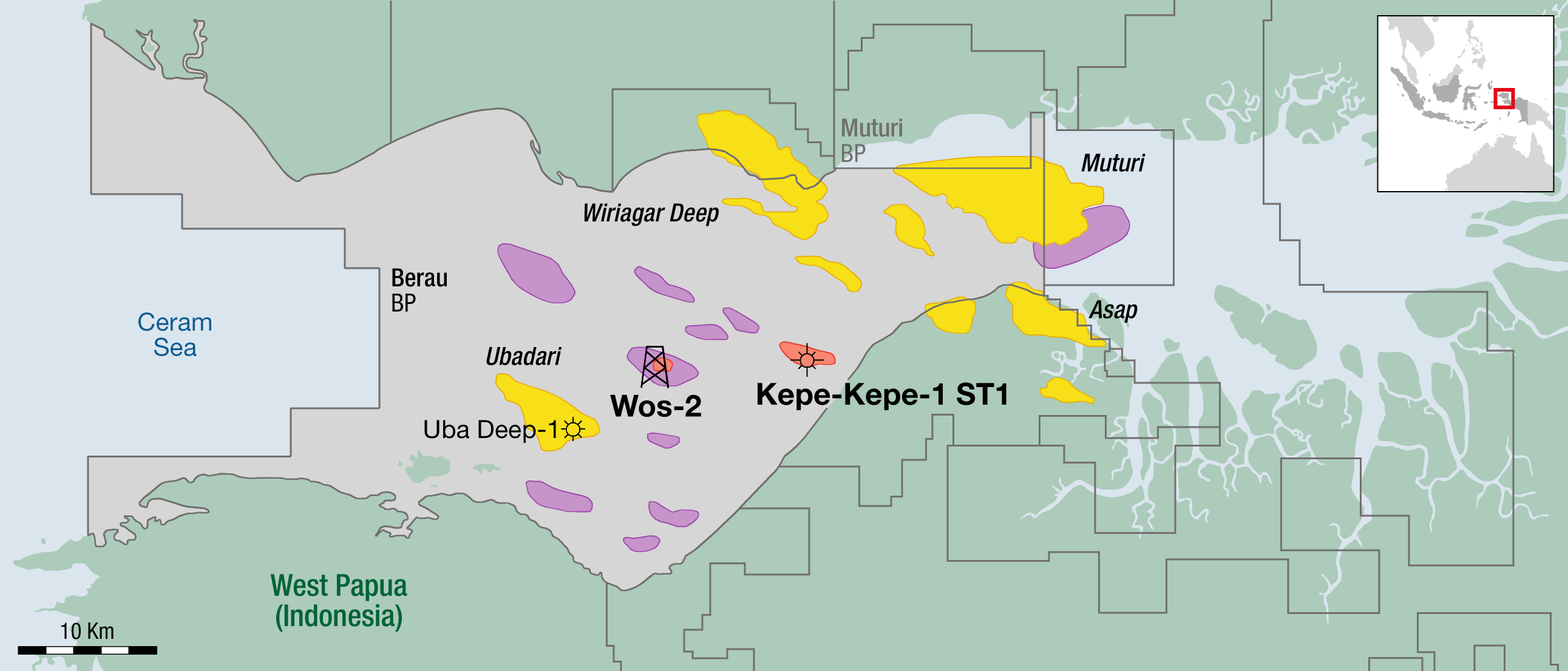On the 9 July 2011, South Sudan officially gained its independence from the Khartoum administration. The oil market will monitor the development in the region closely as many critical issues yet have to been resolved. The North has reluctantly accepted the principle of separation, but disputes over oil fields near the border continue to undermine the transition.
Important African Producer
Sudan is an important oil producer and exporter and accounts for almost 5% of Africa’s oil production and 0.6% of total world production. Although the North and South have agreed to continue negotiating on outstanding oil issues after independence to prevent an immediate conflict with the North over its loss of oil revenues, with the recent unrest in the Middle East and North African region in mind, we are concerned that increasing political tension in the aftermath of the split may add to tightness in the oil market. Our worries are not unfounded, as Sudan has had two civil wars since 1955, the political unrest on the border between the North and South has intensified recently and Khartoum implemented an unofficial fuel blockade this spring.
The oil sector contributes only modestly to Sudan’s overall economic output, but its impact on the external and fiscal balances is substantial. In 2010 oil accounted for some 92% of Sudan’s exports and 54% of government revenues. For South Sudan (Juba), oil represented 98% of total revenues compared to Khartoum at 65%.
In 2010 Sudan produced 486,000 bopd and consumed around 90,000 bopd. The remaining crude was almost exclusively exported to the Asian market, with 65% being shipped to China, 15% to Indonesia and 13% going to Japan. Other importers of Sudanese crude are India, Malaysia, the Netherlands and Thailand, according to the IEA.
The Sudan National Petroleum Corporation (Sudapet) often develops joint ventures with foreign companies in oil projects but remains a minority stakeholder. Foreign companies involved in Sudan’s oil sector are primarily from Asia, including China’s CNPC, India’s ONGC and Malaysia’s Petronas, but European oil producers such as Italian Eni, Luxembourgian Star Petroleum and Norwegian Hamla are also participating in the exploration and production of the country’s oil reserves. Nilepet, South Sudan’s national oil company has also been involved in allocating licences which has led to some conflict, especially in southern blocks that were previously licensed by the Northern Government (EIA).
Political and Security Issues
While most of Sudan’s oil is produced in the South, the export and refining infrastructure, including the major pipeline, refineries and the Red Sea export terminals, is entirely in the North. The South has limited delivery options for its oil as its reserves are landlocked with no export routes in its territory. To become less dependent on its relationship with the North, a 1,400 km pipeline to ship oil from the South to a new port in Lamu, Kenya, has been proposed, but to make it economically viable the South needs a major boost to output. With neither political stability nor proper legal infrastructure expected in the near-term, companies will likely remain reluctant to undertake major investments.
Tension between the National Congress Party (NCP) in the North and the Sudan People’s Liberation Movement (SPLM) in the South are expected to exacerbate current obstacles to capacity expansion. This, together with aging fields and poor reservoir management, will continue to keep production and export below Sudan’s potential (PIRA). We expect Sudan’s oil production to decline by more than 30% within the next 5 years unless the political climate changes soon.
There is a risk that political tension may increase in the short term and halt oil production, transportation or shipments and add to the market tightness. The oil market is already struggling from lost oil production in Libya, peaking summer holiday demand, electric power problems in China and the reconstruction in Japan. This is an upside risk to our oil price estimates at US$ 110/barrel in Q3. The biggest threat to the oil industry of the situation is not in our opinion the short term disruption in oil production or export. The predominant threats are the political and security issues arising from Southern Sudanese independence which are likely to hinder investments and efforts to expand output capacity.





